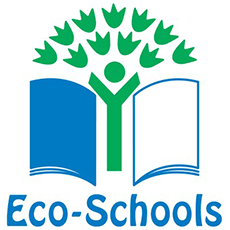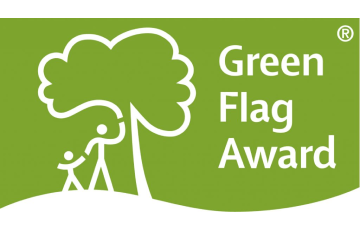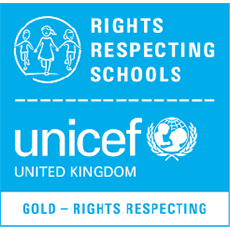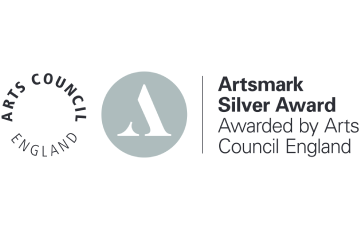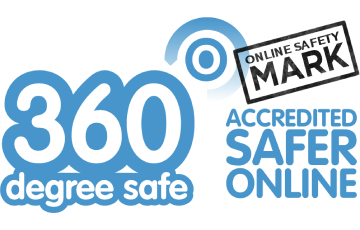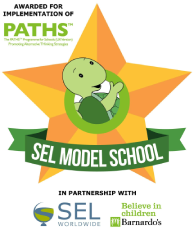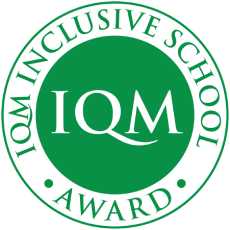- Home
- Classes
- All About Lyme
- Our School
- Vision and Values
- Prospectus
- Staff
- Breakfast and After School Club
- Corporate Social Responsibility
- Online Safety
- Pastoral Support
- Rights Respecting School
- School Holiday Dates 2024-25
- School Holiday Dates 2025-26
- School Meals
- School Opening Times
- SEN and Adaptive Teaching at Lyme
- Uniform
- Wrap Around Care at Lyme
- Young Carers
- Activities
- Extra Curricular Activities
- Academic Enrichment
- Forest School
- Easter Journey for Y5
- Send My Friend to School Campaign
- World Book Day 2019
- Lyme's Anti-Bullying Video
- Staying Safe Online!
- Extreme Reading
- HEALTH AND WELL-BEING WEEK 2019
- SPORTS DAY 2019
- ARTS WEEK 2019
- SCIENCE CLUB 2019
- SCIENCE WEEK 2019
- Learning Challenge Curriculum Exhibition
- Sports Relief 2018
- Social Enrichment
- Residentials and Trips
- School Money
- School Spider Parent App Guide
- Governors
- Curriculum
- British Values
- Curriculum
- Early Years Curriculum
- Maths
- Overviews for Parents Autumn 1 2024
- Overviews for Parents Autumn 2 2024
- Overviews for Parents Spring 1 2025
- Overviews for Parents Spring 2 2025
- PATHS
- Personal Development
- Phonics
- Reading
- Subjects
- Writing
- English and Maths End of Year Expectations
- Assessment
- Statutory Assessments 2024/25
- Protected Characteristics
- Newsletters
- Parent Voice
- Pupil Leadership
- Safeguarding
- Statutory Information
- Pupil Voice
- Contact
Online Safety
Information, guidance and support
Children and young people may expose themselves to danger, whether knowingly or unknowingly, when using the Internet and other technologies. Additionally, some young people may find themselves involved in activities, which are inappropriate or possibly illegal.
Parents and schools therefore have major responsibility to educate and monitor the pupils; teaching them the appropriate behaviours and critical thinking skills to enable them to remain both safe and legal when using the Internet and related technologies.
When should you report to CEOP?
Has someone acted inappropriately towards you online, or to a child or young person you know? It may be sexual chat, being asked to do something that makes you feel uncomfortable or someone being insistent on meeting up. Click here to make a report.
The Internet Watch Foundation (IWF), a UK charity, are there to help remove nude images of under 18s posted online. Once IWF has confirmed your nude image is against the law and can be removed from the internet they give it a digital fingerprint, called a hash. Clickhereto report the removal of an image.
Where can you get support from?
If you have experienced online sexual abuse, or you're worried this is happening to someone you know, please contact the police on 101 or online at www.police.uk.
If you are in immediate danger please call the police on 999 straight away and if possible, inform an adult who you trust.
Please remember, whatever has happened it is not your fault and you have done the right thing by getting help.
To stay safe, stop all contact with the person you are worried about and block them so they can't send you any further messages. You can also report the account to the social media platform that they have contacted you on. This allows the platform to review the account and it may help in getting the account removed.
You can talk to a trained counsellor from Childline 24 hours a day, seven days a week, either via their online chat function, or via email, or on the phone at 0800 111. Full details can be found at www.childline.org.uk/get-support. You can talk to Childline about anything, they are able to provide you with some support and talk to you about how you are feeling.
If you are worried about a nude or sexual image or video of you that has been shared online, Childline can also help you to report it via the Report Remove tool. Visit www.childline.org.uk/remove to make a confidential report to the IWF (Internet Watch Foundation) and see if the image or video can be taken down.
You can also use Take It Down, a tool provided by the National Centre for Missing and Exploited Children (NCMEC), to help you anonymously remove nudes or semi-nudes that you believe have been or could be shared online. You can use this even if you aren't sure whether an image has been shared: https://takeitdown.ncmec.org.
Pupils can go to their teacher for advice and support. Alternatively, additional information and advice can be obtained for both pupils and their parents by clicking here.
Here you or your child can gain information, play safety games or report abuse using the report abuse button. This will send your concerns straight to a member of staff at the Child Exploitation and Online Protection centre. This member of staff will treat your concerns very seriously and will contact you as soon as possible.
To access downloadable social media checklists to guide parents, carers and pupils through your profile settings to make sure you are safe please click here.
Lyme Community Primary, Lyme St, Newton-le-Willows WA12 9HD


